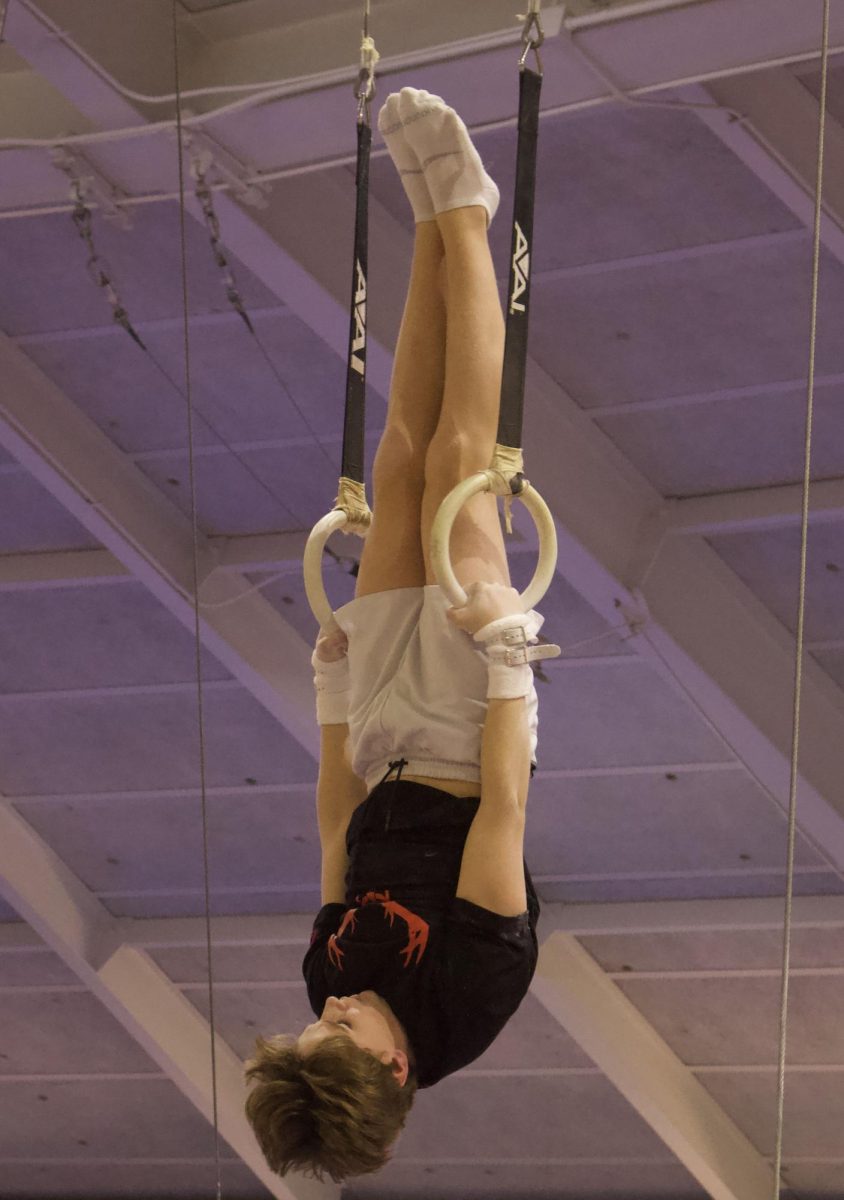During the NFL Scouting Combine, which occurred Feb. 23-26, Manti Te’o, former Notre Dame linebacker, was the center of attention. The Heisman runner-up in 2012, Te’o was looking to turn his college successes into a big payday with a good showing.
By all accounts, Te’o was a draft prospect who some projected to be picked in the first round of the draft. But then, a report on Deadspin revealed that he was involved in a hoax. According to the report, Te’o’s girlfriend, Lennay Kekua, who had reportedly lost her battle to cancer earlier in the year, had never existed.
In the media firestorm that followed, all sorts of theories floated around. Te’o’s story is that he was duped by a man named Ronaiah Tuiasosopo, who himself claimed to have be in love with Te’o. The story was incredibly strange, and the truth will likely never be fully revealed.
The lack of truth has led NFL teams considering Te’o to be wary of what it may mean about Te’o’s personality or character. One theory apparently floating around NFL teams is that Te’o may be gay; according to NBC’s Mike Florio, multiple teams have asked him in interviews if he was homosexual.
This is absolutely unacceptable. Not only is it immoral, it is illegal; under the ruling of Macy v. Holder, the U.S. Equal Employment Opportunity Commission ruled that discrimination against people based on sexuality is unlawful. Asking Te’o about his sexuality in a meeting to determine whether or not he should be drafted is doing just that.
The arguments defending these actions are all the same. They say that players in the locker room would be uncomfortable with a gay teammate because of locker room and shower proximity, fearing that a gay teammate would be sexually attracted to his teammates.
Of course, under the law, none of the sentiment matters; profiling based on sexuality is illegal. It is also completely unreasonable for anybody to think they have never shared a locker room with a gay teammate. According to a Gallup survey, 3.4 percent of Americans identify as openly Lesbian, Gay, Bisexual or Transsexual, and if that number was representative of the true NFL proportion, there would be at least 50 gay players in the NFL.
Clearly, something is making closeted athletes fear coming out, and that is simply wrong. I know from personal experience that there is nothing to worry about with sharing a locker room with a gay teammate. While on the swim team at South, I’ve had at least two gay teammates, neither of whom ever made anyone in the locker room uncomfortable.
I consider it a privilege to have swum with both Thomas Pollick, an All-American swimmer who graduated last year, and James Koh, a senior who made the varsity swim team as a sophomore before pursuing other interests.
Both Pollick and Koh were brave enough to come out of the closet knowing the general discomfort in the athletic world towards gay athletes. According to Pollick, this was a major fear he had when he came out of the closet.
“My biggest concern when I was coming out was the team just because athletics and being gay didn’t [seem to] mesh together,” Pollick said. “It didn’t occur to me that you could be openly gay and be an athlete.”
Koh shared this perception of athletics, and though he says it did not specifically cause reservations for him, he believes the culture of sports is negative towards gay people, both in and out of the closet.
“I think sports especially have an [anti-gay] culture, and I can see why that would cause hesitation in coming out,” Koh said.
After he came out, however, Pollick says that any evidence of homophobia on his team went away.
“It was very different than I imagined it would go,” Pollick said. “People were really nice and accepting afterwards.”
Both Pollick and Koh have inspiringly brave stories. However, the fact that they need to be that brave is the problem. According to a survey conducted by the Oracle of 65 athletes, 66.2 percent of athletes feel that their teammates would be uncomfortable with a gay teammate, and 33.8 percent believe that a gay teammate would not feel accepted on the team.
In the end, any athlete interested in his or her team performing well should strive to make their teammates as comfortable as possible. Referring to things as “gay” does not make you more masculine or tough and could only wind up hurting a teammate, and in turn, the team.
There’s no excuse for homophobia. Manti Te’o is still a Heisman runner-up, regardless of what rumors may be swirling. Thomas Pollick is still an All-American.
Most importantly, however, every athlete, gay or straight, is a human being. It is his or her prerogative to choose what he or she does off the field. So appreiciate his or her contributions to the team, and make all your teammates feel accepted.







